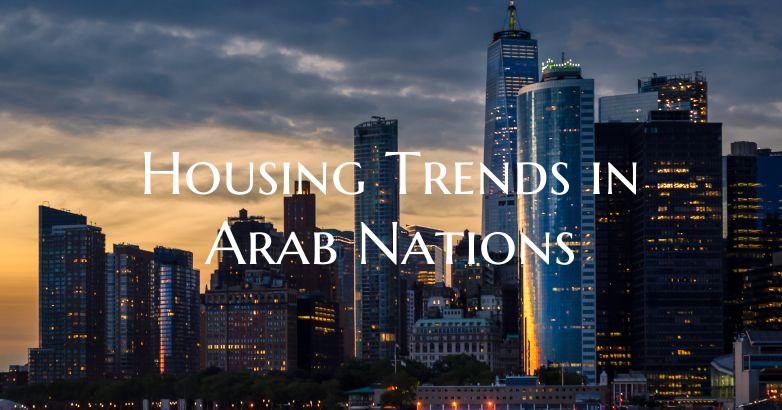Housing Trends in Arab Nations

Introduction: Housing trends in Arab nations have been a subject of interest and analysis in recent years as these countries experience shifts in population, urbanization, and economic development. The housing sector plays a crucial role in supporting growing populations and the ambitions of emerging cities in the Arab region. Understanding the trends and challenges in housing in these nations is key to ensuring sustainable and equitable development for the future.
1. Urbanization and Population Growth: With rapid urbanization and population growth, Arab nations are facing increased demand for housing in urban centers. This trend is driven by factors such as rural-to-urban migration, natural population growth, and the expansion of cities as economic hubs. As a result, there is a pressing need for the development of affordable housing options that cater to the diverse needs of urban populations.
2. Affordable Housing Initiatives: Governments in Arab nations are implementing various affordable housing initiatives to address the housing needs of their growing populations. These initiatives include subsidized housing programs, public-private partnerships, and incentives for developers to build affordable housing units. Efforts are also being made to improve access to housing finance and streamline the regulatory processes to encourage the development of affordable housing.
3. Sustainable Housing Practices: In response to environmental challenges and the need for sustainable development, Arab nations are increasingly focusing on sustainable housing practices. This includes promoting energy-efficient building design, incorporating renewable energy sources, and implementing green building standards. By adopting sustainable housing practices, Arab nations aim to reduce their environmental footprint and create healthier living environments for their citizens.
4. Smart Cities and Housing Technology: The concept of smart cities is gaining traction in Arab nations, with a focus on using technology to improve urban living conditions. Smart housing solutions, such as home automation systems, energy management tools, and digital platforms for housing services, are being integrated into new housing developments. These technologies not only enhance the quality of life for residents but also contribute to more efficient and sustainable urban environments.
5. Challenges and Opportunities: Despite the progress in the housing sector, Arab nations face challenges such as a shortage of affordable housing, inadequate infrastructure, and a lack of housing finance options. In addressing these challenges, there are opportunities for innovation, investment, and collaboration to create sustainable and inclusive housing solutions. By leveraging the expertise of various stakeholders, including governments, developers, and the private sector, Arab nations can navigate the complexities of the housing market and build resilient communities for the future.
Conclusion: Housing trends in Arab nations reflect a dynamic landscape shaped by urbanization, affordability, sustainability, and technological advancements. As these countries continue to grow and evolve, it is essential to prioritize the development of housing solutions that are responsive to the needs of their populations and supportive of their long-term goals. By embracing innovation and collaboration, Arab nations can pave the way for a vibrant and resilient housing sector that enhances the quality of life for all.
